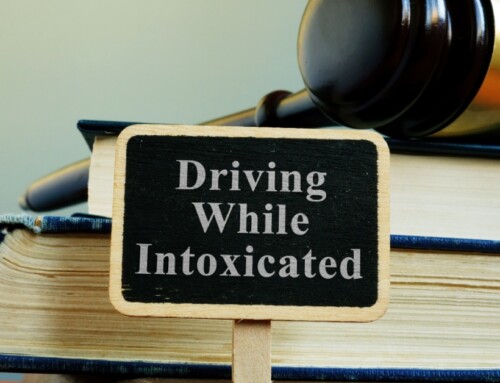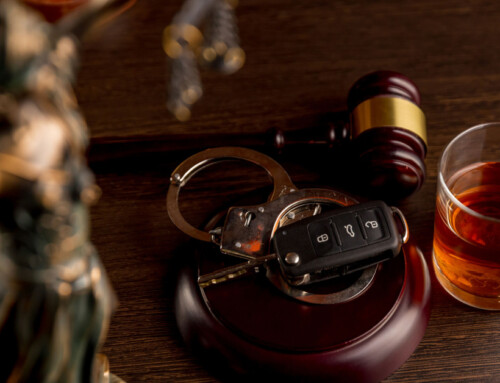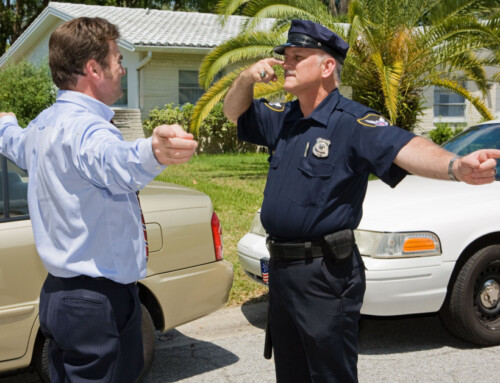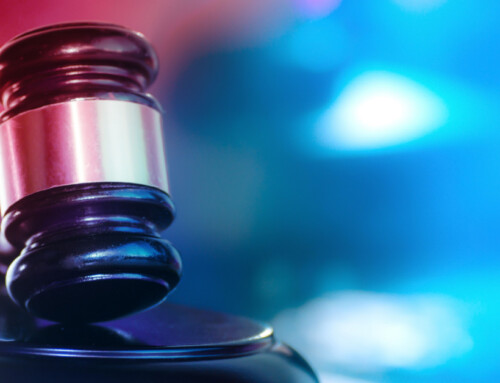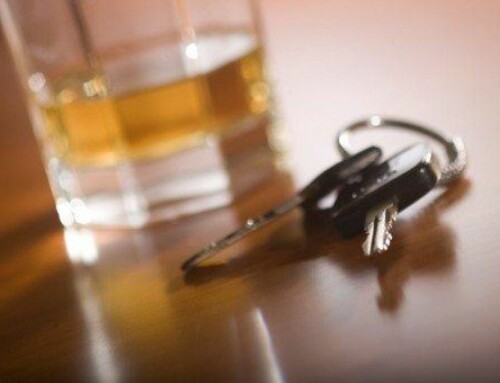Getting arrested for DUI in North Charleston is a very serious matter. South Carolina’s DUI penalties are substantial, and there are several ways prosecutors can secure a conviction.
But, there are also several ways to defend against a DUI charge.
If you are facing a DUI charge in North Charleston, the defenses you have available depend on the facts of your case. A key fact to keep in mind is that you don’t need to prove your innocence in order to avoid a conviction—you only need to prevent the prosecution from proving your guilt beyond a reasonable doubt. So, if any of the facts of your casework in your favor, there is a chance that you will be able to use this to keep your record clean.
10 Possible Defenses to DUI Charges in North Charleston
With that said, there are no guarantees. Defending against a DUI charge in North Charleston is not easy, and asserting defenses successfully requires experienced legal representation. With this in mind, depending on the facts of your case, here are 10 defenses a DUI lawyer might be able to assert on your behalf:
1. The Police Stopped You Illegally
There is a common misconception that it is only possible to avoid a DUI conviction by somehow proving that you weren’t driving drunk. This is not the case. In many cases, DUI lawyers can protect their clients by showing that the police or prosecutors acted improperly. For example, if the police stopped you illegally, then all of the government’s evidence against you may be inadmissible in court. Without admissible evidence, prosecutors won’t be able to prove your guilt beyond a reasonable doubt.
2. The Police Failed To Explain Your Rights Under South Carolina’s Implied Consent Law
Under South Carolina’s “implied consent” law, you are required to take a blood alcohol concentration (BAC) test when the police pull you over on suspicion of drunk driving. But, this requirement only applies if the police adequately explain your rights under the law. If the police didn’t adequately explain your rights under the “implied consent” law, your lawyer may be able to keep your BAC results out of court.
3. The Police Failed to Read Your Miranda Rights
In addition to explaining your rights under South Carolina’s “implied consent” law, the police must also read your Miranda rights before interrogating you in custody. If the police interrogated you in custody (which could mean interrogating you on the side of the road) without reading your Miranda rights, then your statements to the police could also be inadmissible in court.
4. Your Blood Alcohol Concentration (BAC) Reading is Unreliable
If you took a breath test or provided a blood or urine sample, fighting your DUI charge will most likely involve challenging your BAC reading. While BAC readings can serve as strong evidence of guilt, it is also possible to challenge their reliability in some cases. Some examples of issues that can render a DUI suspect’s BAC reading unreliable include:
- The police department failed to properly maintain or calibrate the breathalyzer
- The arresting officer improperly administered the breath test
- There is an alternate explanation for your high BAC (i.e., breath mints or gastroesophageal reflux disease (GERD))
- If you provided a blood or urine sample, your sample was contaminated
- The police failed to maintain a chain of custody of your breath, blood, or urine sample
5. Your Field Sobriety Test (FST) Results are Unreliable
If you took the field sobriety tests and “failed,” your DUI lawyer will most likely need to challenge the reliability of your FST results during your case as well. Some examples of issues that can render FST results unreliable include:
- The arresting officer failed to adequately explain how to perform the tests
- The arresting officer failed to observe the entire test
- Road, weather, or traffic conditions impaired your performance on the tests
- Your shoes or clothing impaired your performance on the tests
- The arresting officer’s subjective assessment of your performance was flawed
6. The Police Arrested You Without Probable Cause
Under the Fourth Amendment to the U.S. Constitution, the police cannot arrest you unless they have “probable cause” to believe that you were driving under the influence. If the police arrested you without probable cause (i.e., if they racially profiled you), your DUI lawyer may be able to use this as a defense in court.
7. The Police Failed to Record Your DUI Stop
South Carolina law requires the police to record all DUI traffic stops. If the police did not record your traffic stop for any reason, your lawyer may be able to raise this in your defense.
8. The Prosecution is Withholding Exculpatory Evidence
Under the Fifth Amendment to the U.S. Constitution, you are entitled to a fair trial. This includes the right to know what evidence prosecutors intend to use against you in court. It also includes the right to know if prosecutors have any exculpatory evidence, or evidence that indicates you are not guilty of DUI. If prosecutors withhold exculpatory evidence in your DUI case, this could entitle you to a “not guilty” verdict as well.
9. You Weren’t Driving Under the Influence
Of course, if you weren’t driving under the influence, you don’t deserve to have a DUI conviction on your record. While proving that you were sober isn’t easy, an experienced DUI lawyer may be able to use various different types of evidence to show that you weren’t drunk behind the wheel.
10. The Prosecution Can’t Prove Your Guilt Beyond a Reasonable Doubt
Even if you can’t prove your innocence—and even if you were driving drunk—your lawyer may still be able to help you avoid a conviction by showing that the prosecution can’t meet its burden of proof. If prosecutors can’t prove your guilt beyond a reasonable doubt, then you are entitled to walk free regardless of the underlying facts of your case.
Contact Us to Discuss Your North Charleston DUI Case in Confidence
If you are facing a DUI charge in North Charleston, we encourage you to contact us for more information. To discuss your defense options with DUI lawyer Rad S. Deaton in confidence, call 843-225-5723 or request a free initial consultation online now.


